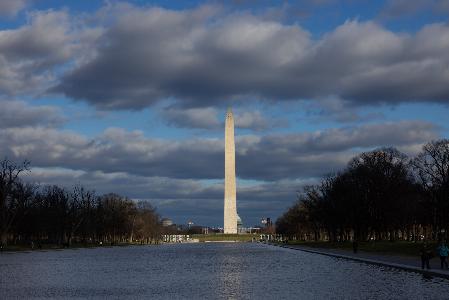On Friday and Saturday, hundreds of civic hackers and open data enthusiasts gathered at FHI 360 in Dupont for the fifth annual Open Data Day DC. Similar gatherings graced more than 200 cities around the world and all events were part of a yearly hackathon and training event.
The whole thing got Technical.ly thinking, deeply, about open data.
After sitting in on a session about open government and open data in D.C. specifically (and what can be done to increase the openness of D.C. government), there were a couple questions we couldn’t stop mulling over.
- What does “open” mean, anyway? Open information, and data, is a wonderful thing. But even if all the data in the world were to be made available, different people would have differing levels of access to it. This is owing to both data literacy and even, yes, internet access. What’s the proper time and place to consider that open for one still means very much closed for another? Is there a responsibility to level this playing field? Whose responsibility is that, and what would an even playing field look like, really?
- Government, or private sector? Especially considering that many citizens will have limited (meaningful) access to raw data, interpreting and utilizing government data is an important step in the process of opening government. The private sector, it seems, has resources to make this happen. But once a civilian has created, say, an app that tracks restaurant health code violations, does the government embrace and legitimize the product? Are there ways for the private and public sectors to work together to turn giant and unruly (to the untrained eye, at least) datasets into products and services that are simple and useful to the modern citizen? What does an ideal breakdown of responsibility (and capability) look like here? What are the ideal outcomes?
These questions, and more, were certainly present in the room at Open Data Day DC. They were touched on, in various forms, here and there. But ultimately the session was (perhaps rightly so) more practical than philosophical.
Technical.ly won’t purport to be enough of an open data expert to know how these questions, and more, are being answered in D.C. and beyond. But they seem like important, and complex, considerations and we’d love to have a conversation about it.
Join the conversation!
Find news, events, jobs and people who share your interests on Technical.ly's open community Slack

DC daily roundup: Tyto Athene's cross-DMV deal; Spirit owner sells to Accenture; meet 2GI's new cohort

DC daily roundup: $10M to streamline govt. contracting; life sciences might dethrone software; Acadia's new $50M

DC daily roundup: the DMV's VC cooldown, SmartSigns for safer driving; Rep. Schiff's AI copyright bill

